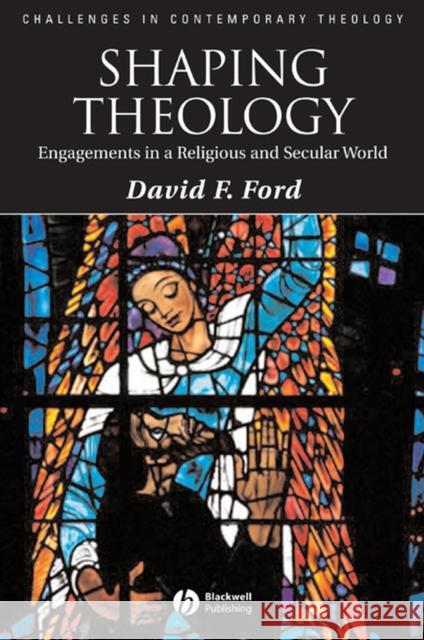Shaping Theology: Engagements in a Religious and Secular World » książka
topmenu
Shaping Theology: Engagements in a Religious and Secular World
ISBN-13: 9781405177207 / Angielski / Miękka / 2007 / 280 str.
This is an innovative book about the shape theology takes in its varied interactions - religious and secular, local and global, historical and contemporary, academic and practical.
- An innovative book about the shape of theology in reaction to its relationship with the Church, with theologians, with other religions, and with the university
- Written by David Ford, recognized internationally as one of the most creative of contemporary theologians
- Considers how theology shapes other areas of life via its conversations in the public sphere and with non-faith communities
- Views theology as both a way of thinking and a way of living, and considers how this lived character cannot be entirely grasped through reason alone
- The first volume to bring together a complete and well-rounded account of theology's interaction with all its conversation partners.











